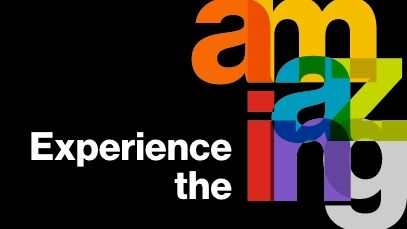Alan Mutka
Area Head for Web and Mobile Computing, Senior Lecturer
RIT Croatia
Select Scholarship
Journal Paper
Maric, Bruno, Alan Mutka, and Matko Orsag. "Collaborative human-robot framework for delicate sanding of complex shape surface." IEEE Robotics and Automation Letters. (2020): 1-1. Web.
Vrhovski, Zoran, et al. "System for Evaluation and Compensation of Leg Length Discrepancy for Human Body Balancing." Applied Sciences-Basel 9. (2019): 2504. Web.
Currently Teaching
DSCI-633
Foundations of Data Science and Analytics
3 Credits
A foundations course in data science, emphasizing both concepts and techniques. The course provides an overview of data analysis tasks and the associated challenges, spanning data preprocessing, model building, model evaluation, and visualization. The major areas of machine learning, such as unsupervised, semi-supervised and supervised learning are covered by data analysis techniques including classification, clustering, association analysis, anomaly detection, and statistical testing. The course includes a series of assignments utilizing practical datasets from diverse application domains, which are designed to reinforce the concepts and techniques covered in lectures. A substantial project related to one or more data sets culminates the course.
ISTE-240
Web & Mobile II
3 Credits
This course builds on the basics of web page development that are presented in Web and Mobile I and extends that knowledge to focus on theories, issues, and technologies related to the design and development of web sites. An overview of web design concepts, including usability, accessibility, information architecture, and graphic design in the context of the web will be covered. Introduction to web site technologies, including HTTP, web client and server programming, and dynamic page generation from a database also will be explored. Development exercises are required.
ISTE-470
Data Mining And Exploration
3 Credits
Rapidly expanding volumes of data from all areas of society are becoming available in digital form. High value information and knowledge is embedded in many of these data volumes. Unlocking this information can provide many benefits, and may also raise ethical questions in certain circumstances. This course provides students with a hands-on introduction to how interactive data exploration and data mining software can be used for data-driven knowledge discovery, including domains such as business, environmental management, healthcare, finance, and transportation. Data mining techniques and their application to large data sets will be discussed in detail, including classification, clustering, association rule mining, and anomaly detection. In addition, students will learn the importance of applying data visualization practices to facilitate exploratory data analysis.







